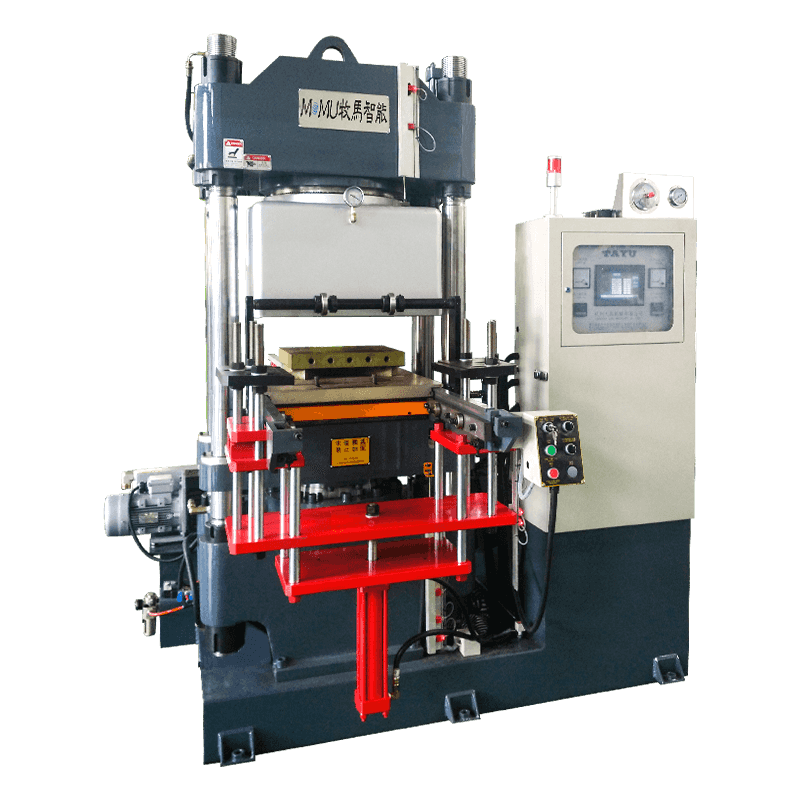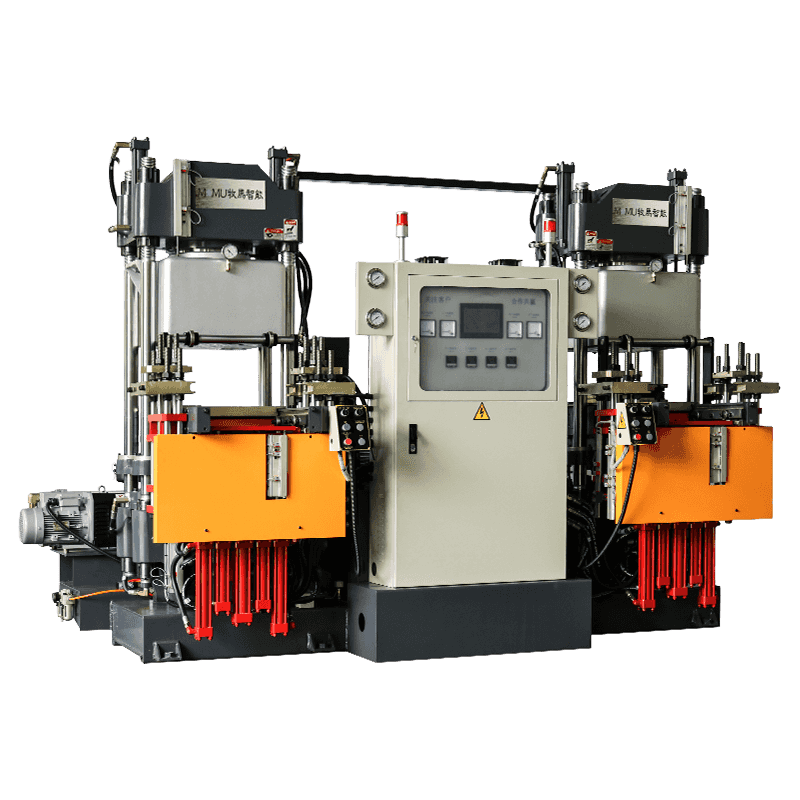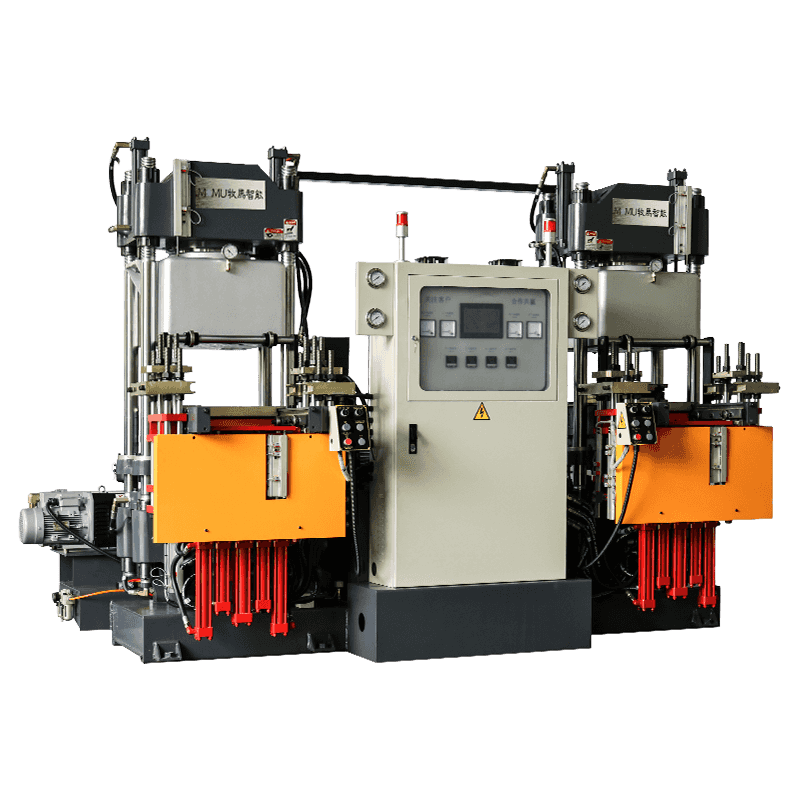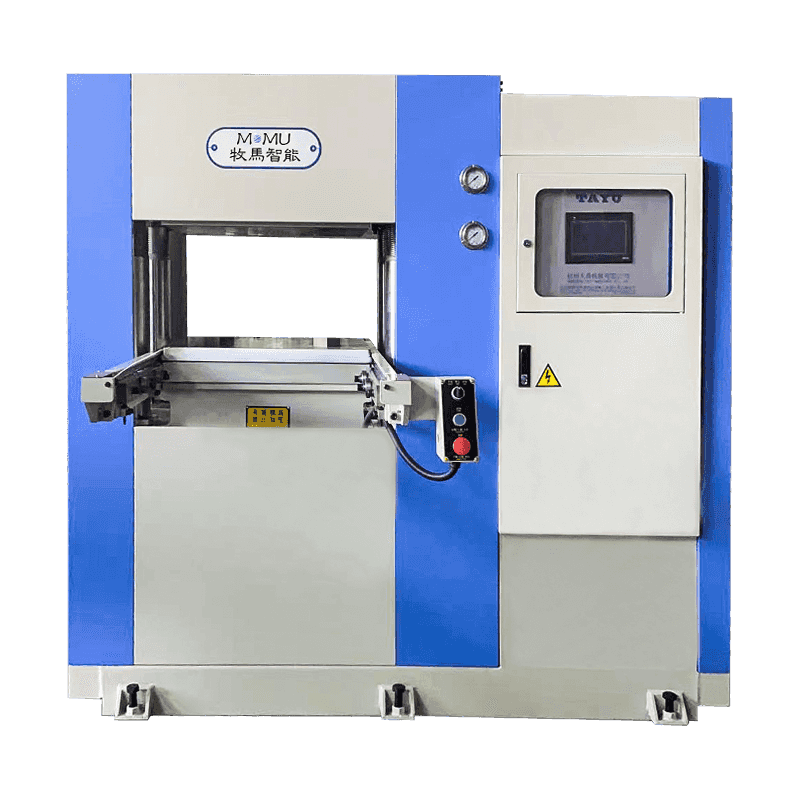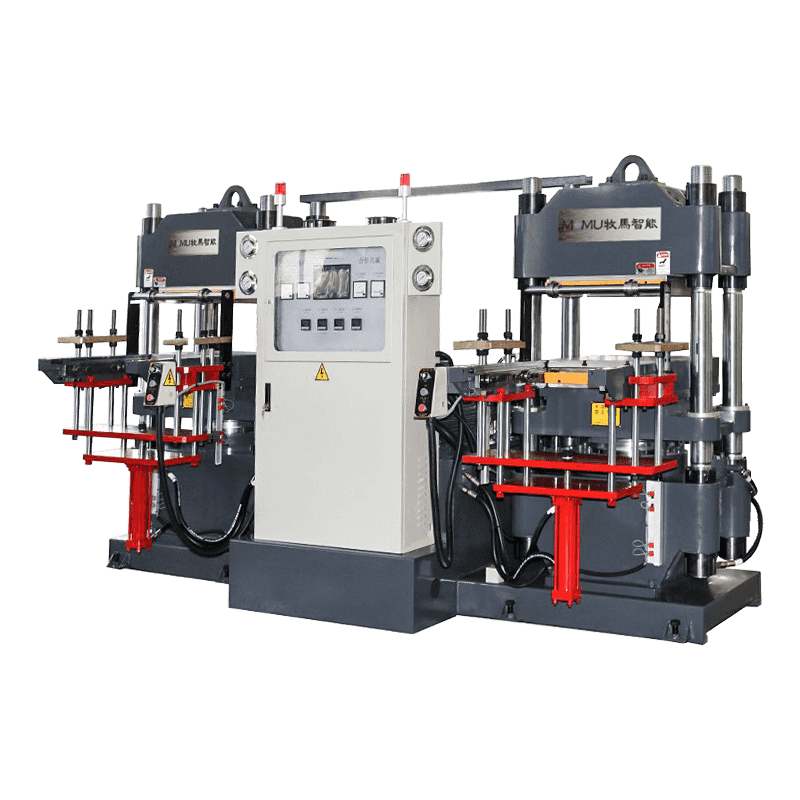With the rapid development of the power and electronics industries, insulator machine is becoming an important tool in global industrial manufacturing. As a core component to ensure the safety of power equipment and improve the efficiency of energy transmission, the production quality and technical level of insulators are crucial to the reliable operation of the entire power system. In recent years, with the continuous advancement of automation and intelligent technology, the market demand for insulator manufacturing equipment has continued to grow, promoting technological innovation and upgrading in related industries.
Insulators are key components used to isolate conductive parts from grounded parts in power systems and are widely used in transformers, wires and cables, generators and other equipment. The quality of insulators directly affects the safety and stability of power systems, and insulator manufacturing equipment plays an important role in ensuring the high-precision and high-efficiency production of insulators.
![]()
Modern insulator machine integrates advanced automation technology and sophisticated mechanical design, which can achieve high-precision material processing and assembly during the production process. This not only improves the production efficiency of insulators, but also effectively reduces errors in human operations and ensures the quality consistency of insulator products. In addition, with the increasing demand for insulators under high voltage and special environments, the technical requirements for manufacturing equipment are also constantly improving to meet the high-performance needs of the power industry.
The continued expansion of the global power industry is one of the main driving forces for the growth of the insulator manufacturing equipment market. Especially in developing countries, the surge in demand for grid expansion and upgrading has driven the market demand for insulator manufacturing equipment. In emerging economies such as China, India, and Brazil, governments have vigorously promoted infrastructure construction and new energy development, further increasing the demand for efficient insulator manufacturing equipment.
The global demand for new energy is increasing, and the requirements for insulators in power transmission equipment for renewable energy such as solar energy and wind energy are also increasing. In order to meet these needs, insulator manufacturing equipment needs to have greater flexibility and adaptability, and be able to produce insulators of different types and sizes to adapt to diverse application scenarios.
Technological innovation in insulator manufacturing equipment has largely promoted the development of this market. Traditional insulator manufacturing processes often rely on manual operation and semi-automatic equipment, with low production efficiency and difficult to ensure product consistency. With the application of digital manufacturing and automation technology, modern insulator manufacturing equipment has gradually realized a fully automated production process, greatly improving production efficiency and precision.
CNC (computer numerical control) technology developed in recent years has been widely used in insulator machine. By precisely controlling every link in the manufacturing process, CNC technology can ensure that the size and performance of the insulator meet higher standards. In addition, the introduction of intelligent monitoring systems and data analysis technologies enables equipment to automatically detect and correct potential quality problems during the production process, reducing scrap rates and extending the service life of equipment.
Competition in the insulator machine equipment market is mainly concentrated in North America, Europe and Asia. North America and Europe have long dominated the market due to their technological advantages and mature power industry base. Asia, especially China and India, are becoming the main growth point for global insulator manufacturing equipment with their huge power infrastructure construction needs and manufacturing capabilities.
In these regions, manufacturers are actively seizing market share through technological innovation and localized services. For example, Chinese equipment manufacturers are constantly improving their technical level, launching equipment with independent intellectual property rights, and providing more competitive solutions in terms of price and service. European manufacturers focus on the high-end market, providing customized high-performance equipment to meet the needs of specific customers.
Although the insulator machine market has broad prospects, it also faces some challenges. First, the R&D and production costs of manufacturing equipment are high, requiring a lot of capital investment and technical accumulation. Second, the technical threshold of the market is high, and new entrants need to have certain advantages in technology and production experience to gain a foothold in the fierce competition.
With the upgrading of global power infrastructure and the rapid development of new energy industries, the insulator manufacturing equipment market is also facing huge opportunities. In the future, with the popularization of emerging technologies such as 5G and smart grids, the demand for high-performance insulators will further increase, driving the continuous upgrading of equipment manufacturing technology.
As a key production tool in the power and electronics industries, insulator machine is ushering in new development opportunities with the growth of industry demand and the promotion of technological innovation. In the future, with the further application of automation and intelligent technology, insulator machine will continue to play an important role in the global power system and electronics industry, promoting technological progress and sustainable development of the entire industry.
